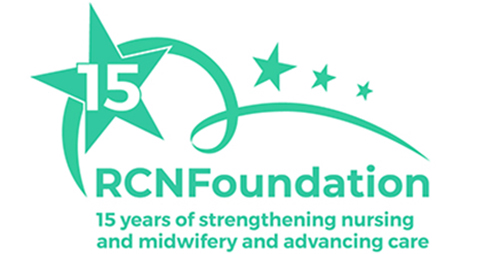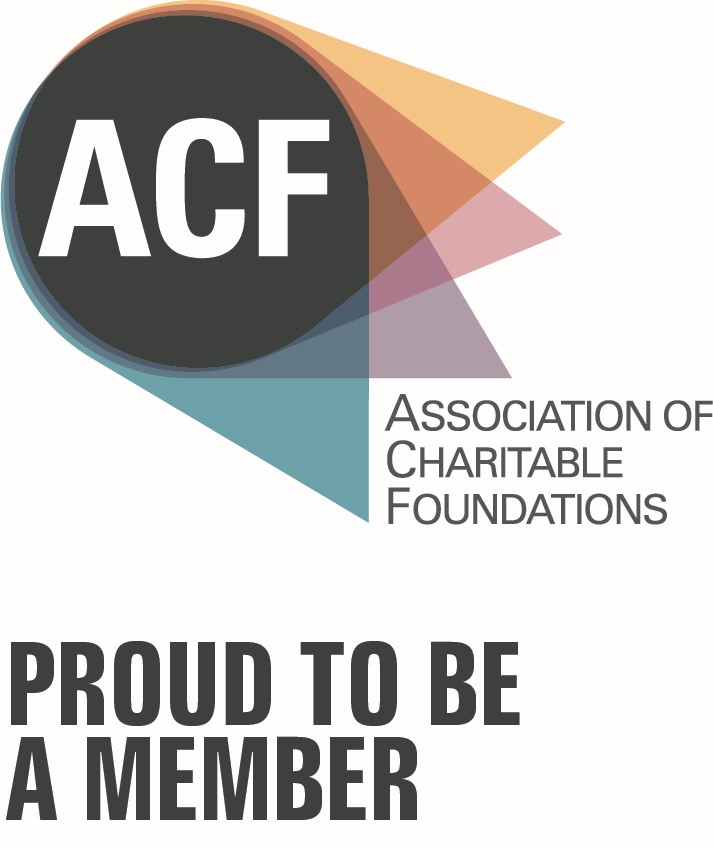Empowering RNLDs to articulate their unique contribution to addressing health inequalities
Inequality, workforce and outcome: articulating the Learning Disability Nurse’s contribution when working alongside people with learning disabilities.
In 2024, Martin Bollard at the University of Wolverhampton, was awarded funding from the RCN Foundation to undertake a project exploring the potential contribution a new framework has for Registered Nurses for Learning Disability (RNLDs) to improve health outcomes, reduce health inequalities and more confidently articulating their work for people with learning disabilities.
The project examined the extent in which RNLDs are able to address health inequalities through the scope of their primary/acute care practice. The research also captured role perceptions/expectations of RNLDs as well as the capacity for overcoming health inequalities via nurse-led interventions.
The study involved people with lived experience as a key expert citizen reference group, providing commentary on how they would like the LD Nurses to respond to the complexity of their needs and how impact may be evidenced.
Demystify the role of Registered Learning Disability Nurses
There are 16,840 Registered Learning Disability Nurses (RNLDS) on the NMC register (NHS Benchmarking Data, 2021). Whilst this constitutes a small part of the overall nursing workforce, RNLDs hold an unparalleled qualification with unique skills and competencies. RNLDs work in a multitude of settings across health and social care in a variety of organisations, in and outside of the NHS.
The dispersed nature of the RNLD workforce makes it challenging to scope, track and evidence the contribution they make. However, there is evidence to highlighting the difference and contributions RNLDs make to individuals with a learning disability. Read the Myth-Busting Tool to learn more about the research, methods and outputs.
Martin’s research was also featured in Nursing Standard which you can read here.






